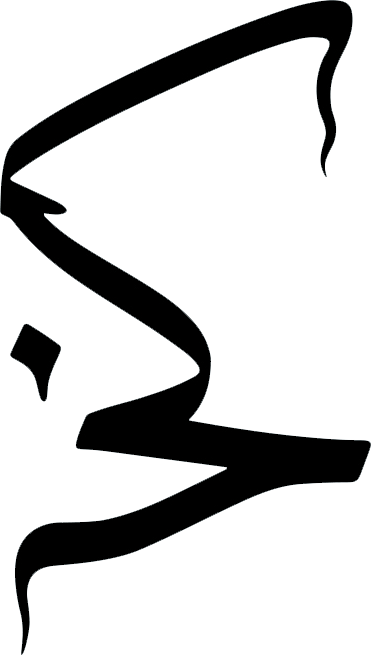guidelines for written submissions
Please refer to these style guides, 'borrowed' heavily from the Middle East Research and Information Project (MERIP).* For additional questions, please refer to the Middle East Topics and Arguments (META) writer and transliteration guides.*
We seek accessible writing.
Capture readers’ attention in the lead paragraphs: convince them immediately that the article is worth reading.
Keep sentences short, crisp, and in the active voice.
Avoid jargon and identify all acronyms and people.
Avoid signposting (e.g., “This article argues that,” “as I show below”) and other conventions of academic prose. Resist the temptation to mention the concepts of theoreticians unless they are central to the argument of the article. In such cases, the concepts should be explained in plain English with concrete illustration.
While we are in the business of making your voice heard, the first person should only be used sparingly and tastefully. Expect editors to be very particular about this. This does not apply to creative reflections pieces.
Heads and subheads should be succinct and jargon-free; if they are not, expect the editors to make them so. Heads and subheads are the editors’ prerogative.
In general, refer to the Chicago Manual of Style on questions of mechanics and usage.
For those seeking further guidance, tips 1-5 in this list compiled by a W. W. Norton editor are particularly useful.
TRANSLATION
We do not translate pieces yet. We are willing to publish your Arabic piece; however, it will take much longer than an English one. We apologize for this, and it will certainly change in the future.
LITERARY
Special thanks to Rusted Radishes* for allowing us to temporarily use their submission guidelines. When it comes to create literary writing, our guidelines are less stringent. We have a dedicated team of editor's that can provide support (with varying degrees of mentorship and/or feedback, depending on your comfort), so please feel free to take risks and write with us.
Creative nonfiction
We are receptive to high-quality literary fiction, and are happy to read stories with both traditional and experimental forms and subjects. We will consider flash fiction (350-1000 words) and short stories (1000-3000 words).
Poetry
We are looking for poetry that reflects, creates, destroys and rebuilds. The writing has to be layered in its images, content, presence and creativity. Build a world involving, but not limited to, your humanity and non-humanity, filled with your otherness and compiled with your own conflicting perspectives in different voices. Avoid standard rhyme schemes, experiment with your poetry, but make it accessible. Send 3-5 poems in a single document.
Drama
We seek plays (one-acts and full-length pieces, translations, and adaptations) that take advantage of and/or subvert theatrical conventions.
A written play alone does not constitute theater; it is only a small part of it. We hold that plays are, by nature, incomplete on the page. With this in mind, our goal is to inspire people to perform the works we publish.
NON-LITERARY
The best non-literary pieces for Khabar Keslan acknowledge and interrogate frameworks and narratives. In other words, we're not looking for something you'd find in a think-tank publication or a security studies/counter-terrorism journal. Since there is already a lot of coverage on war in the MENA region, we would rather not publish pieces focusing on war (with some exceptions).
ARTICLES
We like creative non-fiction and investigative/analytical articles that address a political situation, a particular struggle, an untold story or history, a trend in media, an institution, a social class, social practices and policies, or something else.
Articles should be original, and based on considerable knowledge of the subject. Do not send personal Middle East peace plans or travelogues (unless they're satirical).
2,000-3,000 words
INTERVIEWS
Khabar Keslan publishes interviews with unique persons or with those who can give expression to popular sentiment on matters of importance. We particularly look for activists, community leaders/organizers, and artists.
Questions should search for problems or weaknesses, not simply elicit information or self-aggrandizing statements.
Interviewers must transcribe, edit, condense and even rearrange the interview to bring out the most important elements.
2,500 words
REVIEWS
Reviews succinctly assess a single book, film, or other piece of cultural production.
800-1000 words
REVIEW ESSAYS
Review essays deal with a major (and usually contemporary) topic in an original way and use the review of several books, films or other pieces of cultural production as an instrument for discussing important issues.
3,000 words
DISPATCHES
Dispatches report recent news that has not already been covered in the general press. They should present a story in a detailed way, with much firsthand material and a feel for the place in question.
800 to 2,000 words
As always, feel free to send us an email via editor[at]khabarkeslan.com with any inquiries.
*No affiliation to any of these publishers.
